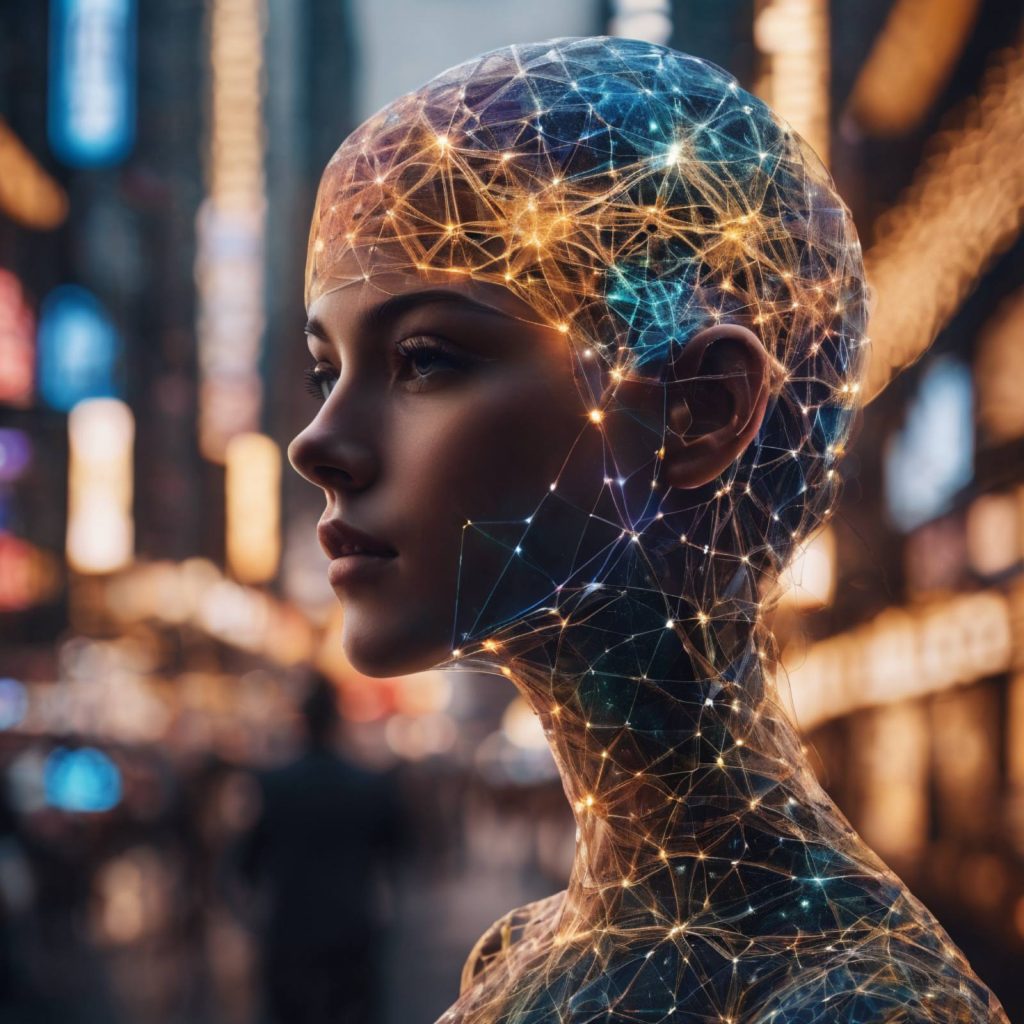Artificial Intelligence (AI) has become an integral part of our society, revolutionizing various aspects of our lives. However, amidst the advancements, there are also misconceptions and conspiracy theories surrounding AI. Let’s delve into the reality of AI integration and separate facts from fiction.
Introduction
AI integration has rapidly transformed the way we live, work, and interact with the world around us. From virtual assistants to autonomous vehicles, AI technologies have permeated various sectors, promising efficiency, convenience, and innovation.
Understanding AI Among The Society
At its core, AI refers to the simulation of human intelligence in machines, enabling them to perform tasks that typically require human cognition. These tasks include problem-solving, learning, perception, and decision-making. AI encompasses a spectrum of technologies, including machine learning, natural language processing, and robotics.
Benefits of Integration AI Among The Society
The integration of AI brings forth numerous benefits to society. It enhances productivity, streamlines processes, and optimizes resource utilization. AI In healthcare, aids in early disease detection and personalized treatment plans. Moreover, in education, AI facilitates personalized learning experiences, catering to individual student needs.
Challenges of Integration AI Among The Society
Despite its potential, AI integration presents challenges such as job displacement, data privacy concerns, and algorithmic bias. The fear of AI replacing human jobs is prevalent, raising questions about the future of employment in an AI-driven world. Additionally, ensuring the ethical use of AI and mitigating biases embedded in algorithms are ongoing challenges.
AI in Daily Life
AI has seamlessly integrated into our daily lives, often without us realizing it. Virtual assistants like Siri and Alexa assist us with tasks, while recommendation algorithms personalize our online experiences. Smart home devices automate household chores, providing convenience and efficiency.
AI in Healthcare
The healthcare industry has witnessed significant transformations due to AI integration. AI-powered diagnostics enhance accuracy and efficiency in medical imaging, leading to early detection of diseases such as cancer. Furthermore, predictive analytics enables proactive healthcare interventions, reducing hospital readmissions and improving patient outcomes.
AI in Education
In education, AI technologies revolutionize traditional teaching methods by providing personalized learning experiences. Adaptive learning platforms analyze student performance data to tailor educational content to individual needs and learning styles. Moreover, AI-driven chatbots offer instant academic support and feedback to students, fostering a collaborative learning environment.
AI in Business
Businesses leverage AI to gain a competitive edge in today’s dynamic market landscape. AI-driven analytics provide valuable insights into consumer behavior and market trends, enabling companies to make data-driven decisions. Moreover, automation technologies streamline business processes, reducing operational costs and improving efficiency.
Ethical Considerations
As AI becomes more pervasive, ethical considerations come to the forefront. Ensuring transparency, accountability, and fairness in AI algorithms is paramount to prevent unintended consequences and societal harm. Ethical frameworks and regulations must be established to govern the development and deployment of AI technologies responsibly.
Conspiracy Theories
The rapid advancement of AI has sparked various conspiracy theories, ranging from fears of AI surpassing human intelligence to concerns about AI-controlled surveillance systems. While these theories often stem from science fiction and dystopian narratives, they lack substantial evidence and are rooted more in fear than reality.
Separating Fact from Fiction
It’s essential to critically evaluate the validity of conspiracy theories surrounding green AI integration. While acknowledging potential risks and challenges, it’s crucial to base our understanding of AI on empirical evidence and scientific research rather than unfounded speculation. By separating fact from fiction, we can have informed discussions about the implications of AI in society.

The Future of AI Among The Society
Looking ahead, the future of AI integration holds both promise and uncertainty. As technology continues to advance, AI will play an increasingly prominent role in shaping our society. However, ensuring responsible AI development and addressing ethical concerns are imperative to harnessing its full potential for the betterment of humanity.



